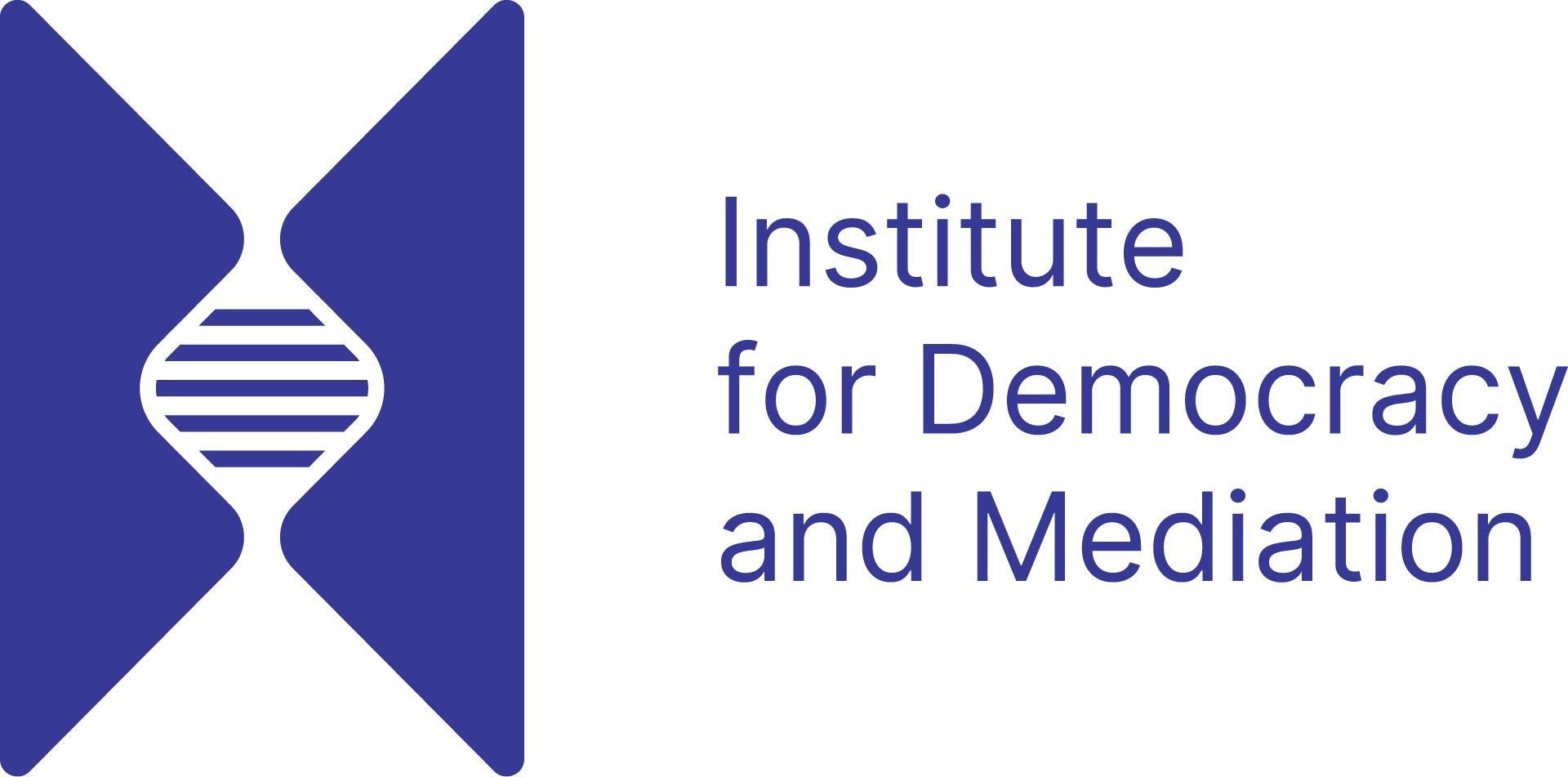The Center for Transparency and Free Information (QTIL)*1 in cooperation with the British Embassy, following a project on reforms in the justice system, especially those in KLD, has conducted a survey with judges of the first instance of the judiciary.
The Center for Transparency and Free Information (QTIL)*1 in cooperation with the British Embassy, following a project on reforms in the justice system, especially those in KLD, has conducted a survey with judges of the first instance of the judiciary. The survey was conducted in February-March of this year. 60% of first-instance courts across the country or otherwise from 14 courts out of 23 were included in the survey. 58 percent of judges participated in the survey, or 177 of the 305 who are in the courts of first instance or 47 percent of the 380 judges who are in both levels of the judiciary. About 35 percent of the judges surveyed deal with criminal cases, while 45 percent develop civil cases. The rest, about 19 percent of respondents do not find themselves divided between the two judgments. About 60 percent of judges are men, while 40 percent are women. About 64 percent of judges come directly from the Faculty of Law, while the rest come from the Magistrate's Office.
The selection includes courts from all areas and categories of cities, that is, from small courts to those of large cities. About 38 percent of respondents have had a history of promotion while nearly 62 percent have not had promotion cases.
The objective of the survey was:
measuring the impact of the reform on the promotion of judges undertaken by the KLD throughout 2011,
measuring the judiciary's perception of the judiciary itself and
measuring the judiciary's perception of other powers and institutions.
The purpose of the survey was:
a. the orientation of the judicial reform in accordance with the needs of the system,
b. strengthening the trust of citizens and institutions in the judicial system and judges
c. the participation of judges in the public debate on the reform of the judicial system and its institutions
others.
Conclusions:
Judges partially know the procedure of the scoring system, but they know well the legal framework related to the necessity of its implementation.
The judges request changes to the scoring system formula. It is necessary to revise the formula after a broad consultation with as many judges as possible or their representatives such as associations of judges.
The judges have expressed themselves in the majority for keeping the system of career courts.
Respondents say in a significant number of cases that the seniority criterion would penalize judges who have graduated from the magistracy from promotion, considering that this criterion receives 100 points and the majority of magistrates who work in the court are between 30-40 years old. .
Judges are critical of the justice system. They think in significant numbers that justice is corrupt and lacks integrity.
Judges are significantly enticed to favor one side of the litigation process
The biggest interventions aimed at influencing the court's decision come from lawyers and local government officials or leaders. In Tirana, this intervention is greater by deputies and high officials. Although small, the figure representing the intervention of the Presidency is significant and quite harmful due to the conflict of interest and the production of a percentage, although small, by a rather small group of officials.
The judges list the lack of witnesses in the trial and the lack of lawyers as the main cause of the failure of the processes or their extension. Reasons related to legal loopholes also occupy a significant place.
Judges feel that the standard of judgment is better at the first instance and then deteriorates at the second instance to undergo a slight elevation to the Supreme Court.
Among the justice institutions, the judges have chosen the Ministry of Justice as the most effective to continue with the KLD and finally with the Judicial Conference.
Judges themselves are often victims of corruption in the public services they pay for.
Judges estimate that civil society has not helped them at all.
They also estimate that the media in many cases constitutes pressure.
suggestions
An information campaign is needed for judges regarding the new promotion system and especially the procedures. A special corner on the website of the KLD, the Ministry of Justice and Courts as well as information rounds in the various courts of the country would serve for better knowledge of the scoring system, etc.
It is necessary to revise the formula after a broad consultation with as many judges as possible or their representatives such as associations of judges.
The proposals coming from the judges are currently mainly about:
inclusion in the judging quality scoring system



















